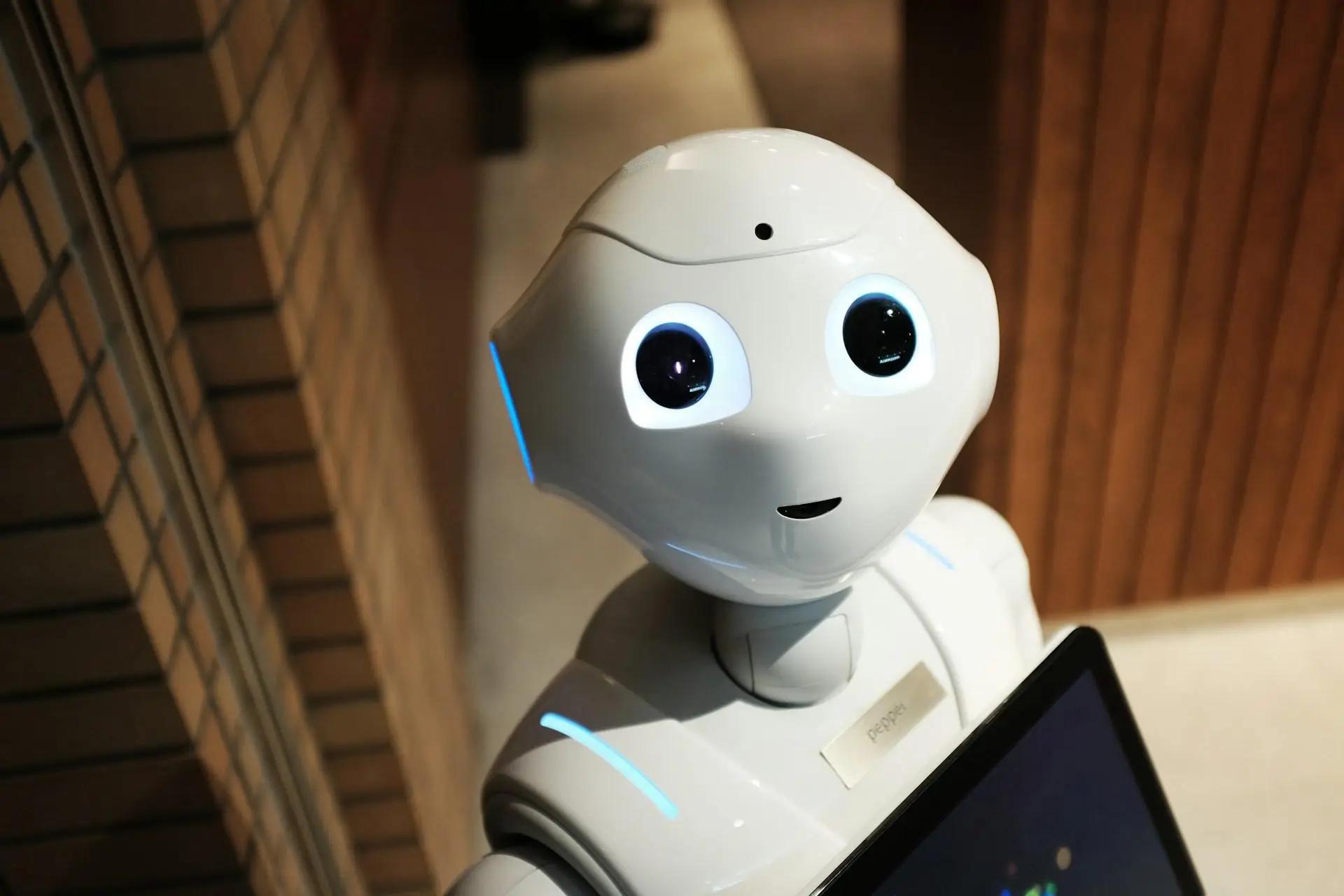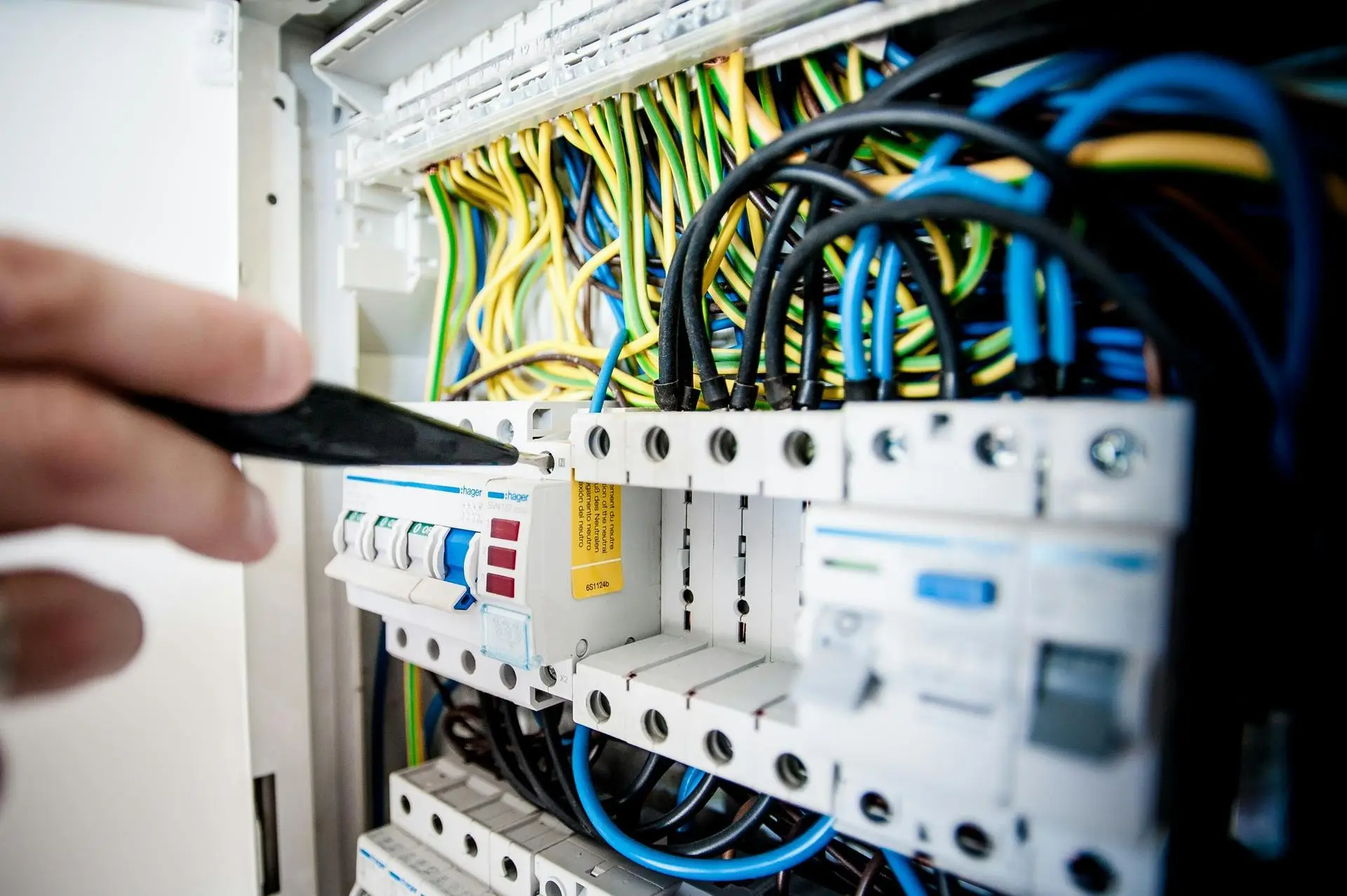Transforming Everyday Life: The Role of Artificial Intelligence in Modern Technology
Unveiling the Role of AI in Shaping Modern Experiences
Artificial Intelligence (AI) has rapidly become a cornerstone of technological advancement, influencing nearly every facet of our daily lives. From simple tasks to complex decision-making processes, AI's integration into daily technology is reshaping how we interact with our environment. This article delves into the profound impact of AI on daily technology, exploring its evolution, applications, and the ethical considerations it brings.
Tracing the Roots: The Evolution of Artificial Intelligence
From Concept to Reality: The Ascent of AI
The journey of AI began in the mid-20th century, rooted in the ambition to create machines capable of human-like reasoning. Early advancements laid the groundwork, focusing on problem-solving and symbolic methods. As technology advanced, the 1980s and 1990s saw significant milestones with the rise of machine learning, enabling computers to learn from data and improve over time.
Harnessing Modern AI: Capabilities and Technologies
Today, AI is a powerhouse, driven by sophisticated algorithms and exponential increases in data and computing power. Technologies like machine learning, deep learning, and natural language processing empower applications ranging from automated customer service to complex disease diagnosis, showcasing AI's extensive capabilities.
AI at Your Fingertips: Revolutionizing Personal Devices
Everyday Assistants: Making Life Easier
Smart assistants such as Alexa and Google Assistant have become household staples, managing everything from schedules to controlling smart home devices. These AI-powered tools learn from user interactions to provide tailored assistance, significantly easing daily routines.
Smarter Interactions: Enhancing Communication
AI enhances user interfaces through technologies like voice recognition and predictive text, making digital communication more intuitive and efficient. These advancements not only streamline interactions but also make technology accessible to a broader audience, including those with disabilities.
A Smarter Home: AI in Home Automation
Intelligent Living: Smart Devices and IoT
The integration of AI with the Internet of Things (IoT) has given rise to smart homes, where devices like thermostats and lighting systems enhance living comfort and convenience. These smart devices automate mundane tasks and adapt to user preferences, creating a more personalized environment.
Eco-Smart Homes: Promoting Sustainability
AI-driven home automation also plays a crucial role in energy efficiency. By optimizing energy usage and reducing waste, smart homes contribute to environmental sustainability, offering a greener alternative to traditional household management.
Navigating the Future: AI in Transportation
On the Road to Autonomy: Self-Driving Cars
The development of autonomous vehicles epitomizes AI's impact on transportation. These vehicles promise to revolutionize travel by improving safety and efficiency. AI algorithms process vast amounts of data to make real-time decisions, navigating complex traffic scenarios safely.
Streamlined Journeys: AI in Traffic Management
AI extends its benefits to traffic management through smart traffic signals and real-time data analysis, easing congestion and reducing commute times. This not only improves urban mobility but also decreases vehicle emissions, supporting environmental goals.
Personalized Health: AI's Role in Healthcare
Revolutionizing Care: AI in Diagnosis and Treatment
AI's ability to analyze large datasets is transforming healthcare by enabling personalized medicine. From diagnostic algorithms that detect diseases with high accuracy to AI-driven treatment plans, these technologies ensure patients receive care tailored to their genetic makeup and lifestyle.
Continuous Monitoring: Wearables and Health Apps
AI-powered wearable devices and health apps provide continuous health monitoring, offering insights into vital health metrics. This constant surveillance aids in early disease detection and management, significantly altering the healthcare landscape.
Digital Engagement: AI in Communication and Social Media
Tailored Experiences: Content Personalization
In the realm of social media, AI algorithms curate and create content that resonates with individual preferences, enhancing user engagement and satisfaction. This personalization not only keeps users engaged but also offers marketers precise tools for targeting and conversion.
Safeguarding Interactions: Enhancing Security
AI plays a critical role in cybersecurity within digital communications. By identifying and mitigating potential threats in real-time, AI ensures a safer online environment, although it also raises important privacy considerations.
Navigating the AI Landscape: Challenges and Ethical Considerations
The Ethical Frontier: Fairness and Transparency
As AI becomes ubiquitous, issues such as algorithmic bias and decision transparency surface. Ensuring AI fairness and understanding its decision-making process are pivotal for ethical technology use.
Economic Shifts: The Workforce and Automation
The automation potential of AI poses significant disruptions to the job market, necessitating strategies for workforce reskilling and adaptation. Balancing technological advancement with economic impacts is crucial for a harmonious AI-integrated society.
Looking Ahead: The Continuous Evolution of AI
The journey of AI is far from over, with its potential only beginning to unfold. As we advance, balancing innovative benefits with ethical considerations remains essential. The ongoing evolution of AI promises not only to enhance daily life but also to redefine the very fabric of society. By embracing this transformative technology wisely, we can ensure a future where AI serves humanity positively and sustainably.









